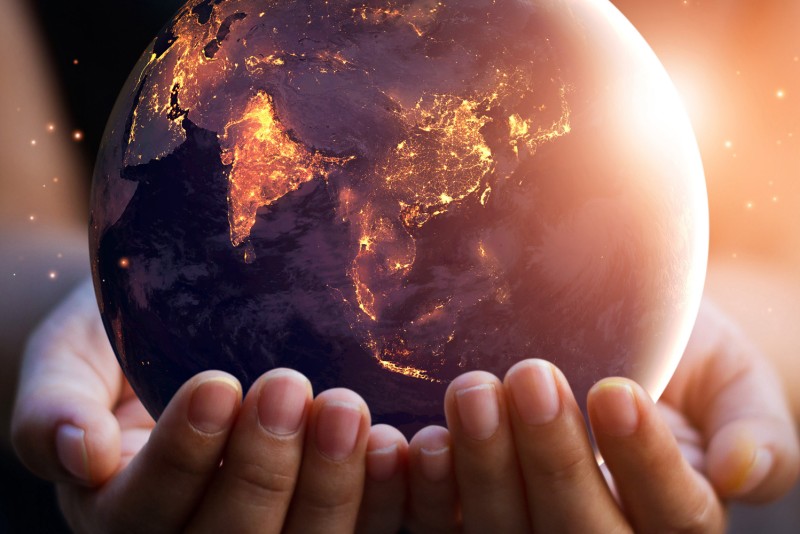iRest for First Responders: A Retired Firefighter Paramedic Saves Lives in New Ways
Transformation can be painful—but its rewards, immense. Just ask retired firefighter paramedic, executive coach, and iRest trainee John Christy.
After dedicating most of his career to safeguarding civilians, John shifted his focus dramatically to supporting the well-being of his colleagues. A first responder since age 18, he had been a stalwart leader of the San Francisco Fire Department when he sustained serious injury in the line of duty. The dark days that followed brought John to a turning point.
“I wound up addicted to alcohol and opiates. It got bad,” he says. “So I asked for help from the SFFD peer support team. It was my last call before suicide.”
With help, his life began to change. “Meditation and EMDR saved my ass,” he says plainly.
Then, even as further tragedy struck, an opportunity for leadership emerged. In 2011, two firefighters were killed in a house fire in San Francisco. So many first responders needed emotional support that the public system became overwhelmed. John’s own painful experience allowed him to guide his colleagues.
“People started coming to me organically. I wound up joining, then leading the San Francisco Fire Department’s stress unit—or 'peer support team'—and rebuilding it to include more resources for mental health resilience and post-traumatic stress.”
First Responders and the “Oh Shit” Moment
Since, John has helped countless peers who are experiencing workplace trauma, either working on the scene of critical incidents or in the weeks or months that follow.
The first step in his work is to hold space—physical and otherwise—for the first responder to acknowledge their emotional state. “The goal is to get them to talk about their feelings. We talk about what we call the ‘oh shit moment’. Maybe it’s that you’ve found a dead kid. Maybe it’s that you thought you’d die yourself.”
He facilitates the conversation in a way to help the colleague feel safe. “There is no crosstalk,” says John, “no operational debriefing, no investigators present.”
Once the colleague feels heard, John may either offer guidance or refer them to a specialist. “We talk about PTSD. I try to get them to understand that they have experienced trauma, an emotional injury.”
Importantly, John emphasizes that drugs or alcohol will compound the problem.
“I offer to send them home,” John says, “like an athlete injured on the field. Of course, only that person knows if they really need to go home. So I try to encourage them to check in with themselves to make that decision.”
The Power and Potential of iRest
What is the place of iRest in this work? John sees great possibilities.
By now, he is a longtime meditator and particular fan of the binaural beats method. When he discovered iRest, however, he found he could go deeply into his practice, more quickly than ever. In part, he attributes this to its physicality.
“iRest helps because of the focus on nondualism. You’re focused on the body, and the separate self disengages.” As first responders are often working in a highly physical state, notes John, iRest is an appropriate and effective tool.
Now taking the iRest Teacher Training, he is eager to explore the practice and share it with others—particularly young firefighter recruits, police officers, and paramedics. He champions the concept that building mental health shapes a better work culture.
“If it gets as dark for them as it was for me,” he says, “there’s no way they’ll make it through their career. The ones that last are the ones who are mindful.”

Ways to Support First Responders
- Say Thank You
- Donate to National First Responders Fund






Join the conversation
We would love to hear what you have to say. Log in or Register to post comments.